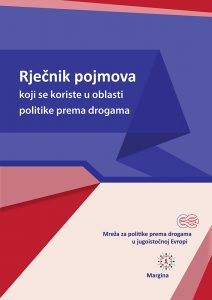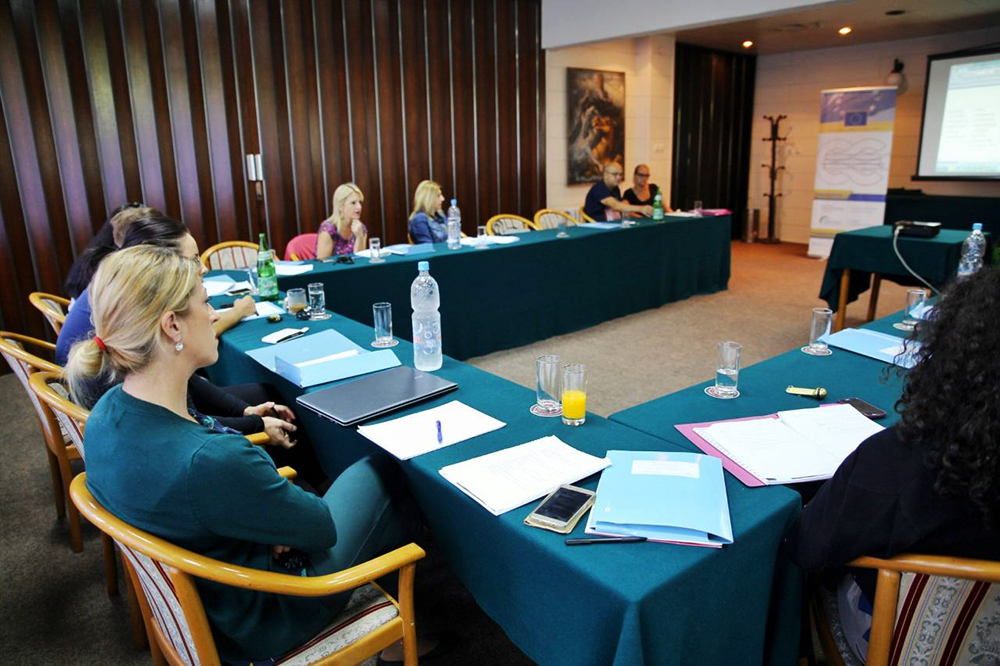With delay in establishing political structures in the country and reduced international donor support, the situation with harm reduction services in Bosnia Herzegovina became alarming. Here is what we heard from Denis Dedajić, Chairman of the Association Margina and DPNSEE Board member:
The current situation is as follows: the Margin Association is the only survivor with the services and we provide them now and on a larger scale because no other service provided by other NGOs is active, so all clients have turned to us. We are taking over users and equipment from Sarajevo and we shall organise distribution with support of few gatekeepers who used to work for us recently.
I estimate that we will endure until the end of October and after that we shall have no more materials for distribution. The salaries of our staff need not be talked about, as of May we are all volunteers and the funds we had are already spent on transportation and rents of the space we use.
The situation is further complicated by a few things. What concerns us most are the indolence of the authorities and the large waves of migrants coming to Bosnia and Herzegovina. Yesterday, I was in contact with asylum officers and they informed me that about 1.000 immigrants a day enter northern Bosnia and in different ways move west to the border with Croatia and the EU respectively. They aim at Western Europe, but their psycho-physical condition is very poor. There is an increasing number of fatalities, both as a result of illness (quite a large number of TB and Hepatitis C), which is due to conflicts between groups from different countries (Afghanistan Pakistan, Algeria Morocco, Syria, Bangladesh). These conflicts generally end with very serious injuries by knives or other cold weapons. We have had about 100 contacts so far and have been using sterile injection supplies. According to asylum officers, many drug users have been around for several years.
NO one is doing anything on this issue, and we are simply waiting for when a major incident will occur so that everything will surface.
We sincerely hope that a solution will be found soon to revitalize the harm reduction services and ensure health support needed.


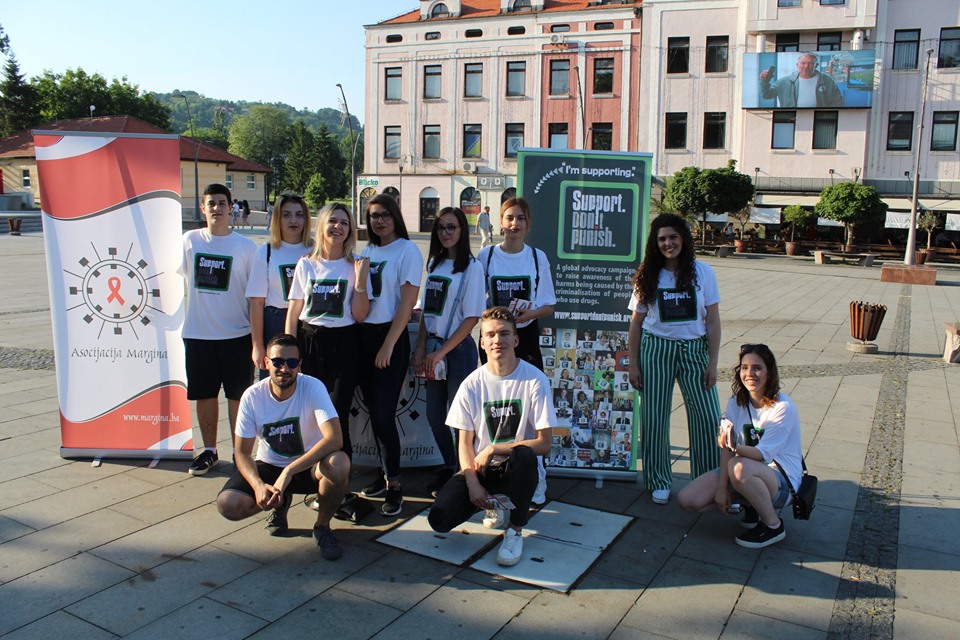
 For this year Association
For this year Association 
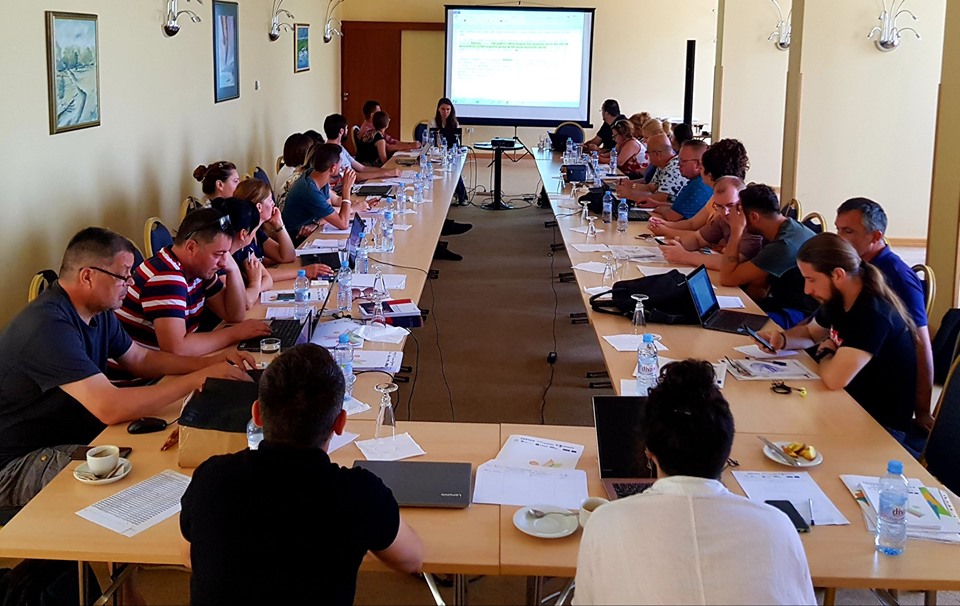
 Within the project “Strengthening young people at risk of social exclusion“, a regional training of the
Within the project “Strengthening young people at risk of social exclusion“, a regional training of the 
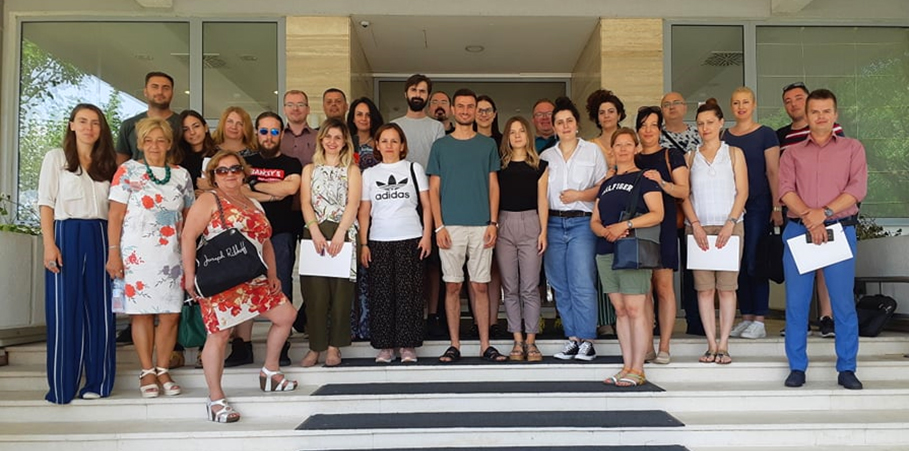

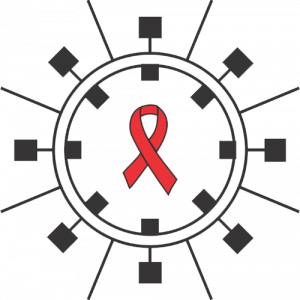 The Board of the
The Board of the 
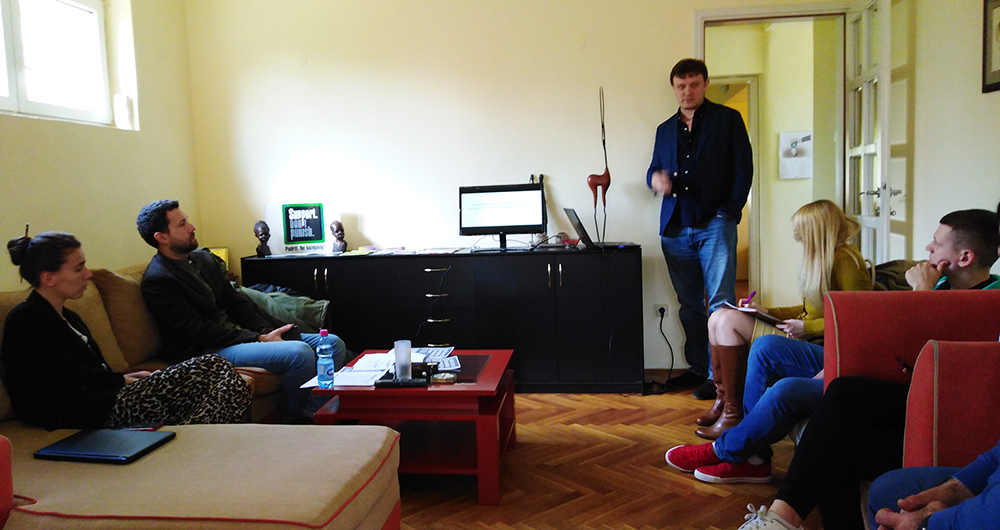
 EHRA representatives had an opportunity to meet with representatives of the national coordinator organisations
EHRA representatives had an opportunity to meet with representatives of the national coordinator organisations 

